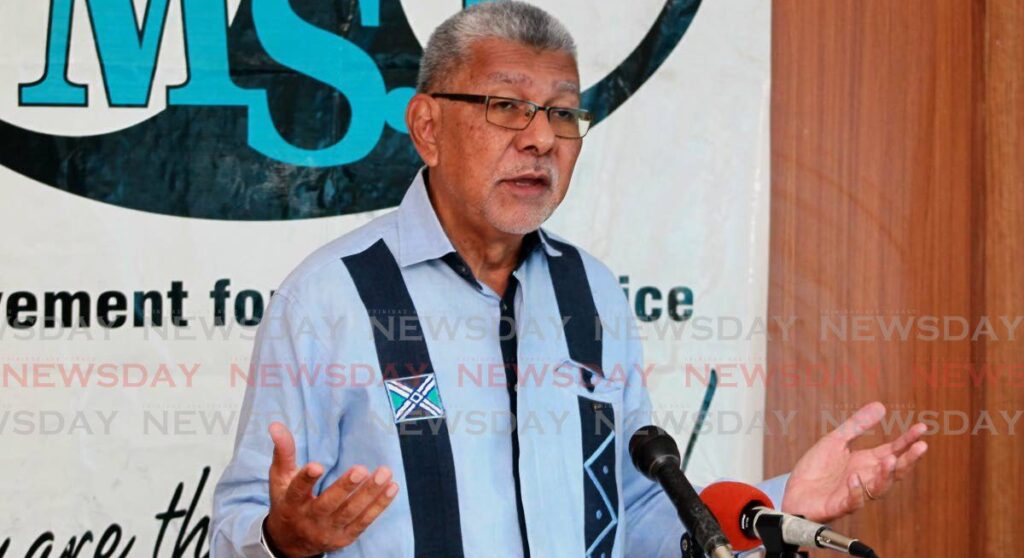MSJ reflects on Grenada revolution

THE Movement for Social Justice (MSJ) reflected on March 13 on the 45th anniversary of the Grenada Revolution.
In a statement, MSJ political leader David Abdulah recalled that 45 years ago, Maurice Bishop's New Jewel Movement (NJM) seized power in Grenada on March 13, 1979 in a peaceful revolution.
He said that event saw the fall of then Grenada prime minister Sir Eric Gairy.
Gairy, Abdulah continued, was so unpopular that the population did not defend his regime.
Abdulah said while Gairy began as a labour leader in the 1950s, he later had to rely on armed extrajudicial enforcers like his infamous "Mongoose Gang" to stay in power.
He added that while the 1976 general election saw Bishop's NJM become Grenada's official opposition, the election was rigged to keep Gairy in power.
During the next four and a half years of Bishop's government, Abdulah continued, Grenada experienced many positive changes. He identified education reform, agro-processing of local fruits and massive self-help projects in many communities on the island.
Abdulah said Bishop was able to get support from nations such as Cuba and Canada for projects to develop Grenada.
"The Grenadian Revolution not only excited the imagination of millions the world over, it attracted the support of many professionals and academics from the Caribbean and further afield."
Abdulah recalled that Bishop's government began a process to discuss constitutional reform. But those events were overtaken by infighting in Bishop's government which led to his assassination on October 19, 1983.
US and Caricom military forces subsequently invaded Grenada to remove the rebel faction in the NJM which had seized power from Bishop.
Abdulah said had the constitutional reform process started by Bishop been allowed to continue, it would have led to Grenada's having a "unique constitution, radically different from the neo-colonial state structures that remain a fetter to our development as independent nations to this day."
He lamented that many people in the region are unaware of the significance of the Grenada Revolution, saying the same is true of Trinidad and Tobago with respect to the Black Power movement in 1970.
"This refusal to properly educate and inform so that we know where we have come from, the better to show us the way forward, may very well be a factor in our society descending into mindless violence and barbarism."

Comments
"MSJ reflects on Grenada revolution"